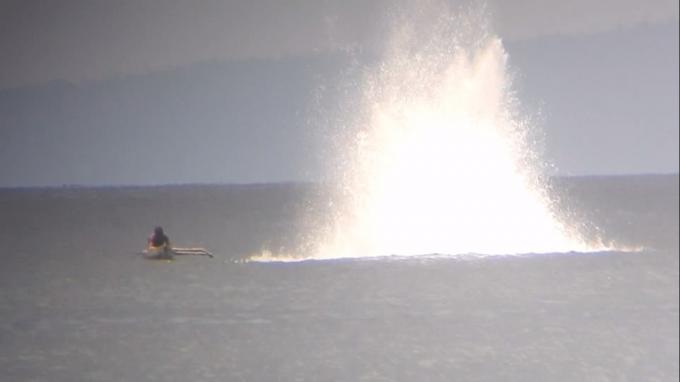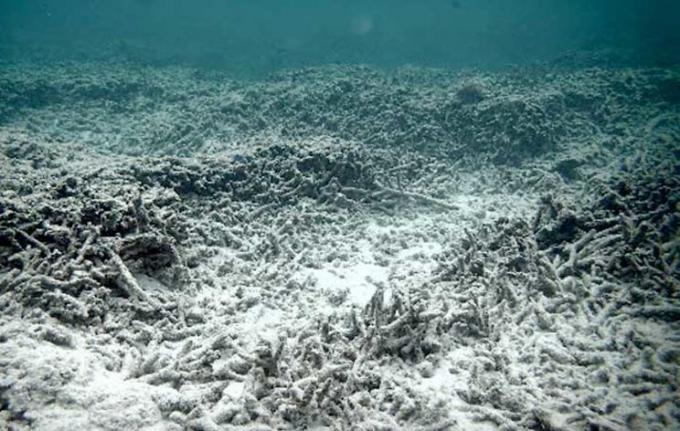Bad Impacts of Illegal Fishing Bombs
The illegal fishing using home-made bombs has posed negative impacts on the marine ecosystems. The practice is also detrimental to the communities, especially the coastal communities depending their livelihood on the marine sectors.
The following are the negative impacts of the illegal fishing bombs:
A Lot of Wasted Dead Fish
Due to the explosions of the illegal fih bombs, the fish gills are torn or damaged. These illegal acts leave many of the fish faint and some are ripped to death. Some of the wasted dead fish float on the surface or submerge to the seafloor. The illegal fishermen will collect some of the fish and leave the rest to rot away. Many of the carcasses eventually decompose on the beach.
Damaged Coral Reefs
The explosions of the illegal bombs also damage the soft and beautiful coral reefs. According to our findings, a home-made 250 gram bomb can destroy at least a 50 meter squares of coral reefs. In fact, it takes decades to recover the damaged coral reefs.
A set of the home-made bomb can destroy about a 50 meter square coral reef area. In one day, the illegal fishermen throw dozen sets of the bombs that the destruction impacts is unbearable.
Drastic Decreasing Fish Stocks
The use of fish bombs is illegal around the world because the destructive practice is not sustainable. After an area was bombed, the coral reefs are damaged and the fish will not go to that area. It is ashamed that the fishermen take shortcuts to fish in an illegal manner. It is the future generation that will take the consequences.
The unconcerned fishermen will move from one area to another place which have not been affected by the illegal fishing bombs and so on.
Lost Livelihoods
Many of the seabed areas used to be tourism places for diving and snorkeling for examples. Due to the damage, the coral reefs decrease that mean no beautiful fish live there. Furthermore, the fishermen are losing their earnings because there is no more fish while the other communities dependent on the tourism activities lose their livelihoods because no more tourists go to the area.


